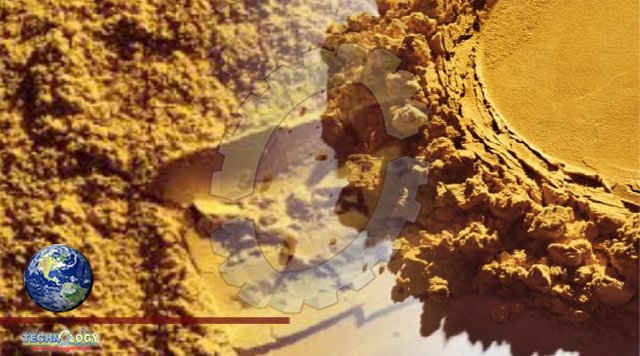Solar Foods , Fermentation has a long, rich history in food production, from beer and wine to yogurt and cheese, leavened bread and coffee, miso and tempeh, sauerkraut and kimchi, to name just a few of the tasty things we can consume thanks to a chemical process thought to date back to the Neolithic period.

But if this 2017-founded Finnish startup, Solar Foods, has its way, fermentation could have a very special place in the future of human food too. The industrial biotech startup is working on bringing a novel protein to market one it says will offer a nutritious, sustainable alternative to animal-derived proteins. The product, a single-cell protein it’s branding Solein, is essentially an edible bacteria; a single-cell microbe grown using gas fermentation. Or, put another way, they’re harvesting edible calories from hydrogen-oxyidizing microbes. Technically it’s like a brewery,” explains CEO and co-founder Dr. Pasi Vainikka in an interview with TechCrunch. “Like fermentation technologies are. It’s not that strange there is this one difference, which is the feedstock.” The production of Solein requires just a handful of ‘ingredients’ Air, water and energy (electricity) which means there’s no need for vast tracts of agricultural land to be given out to making this future foodstuff. It could be produced in factories located in remote areas or inside cities and urban centers. Nor indeed are other foods needed to feed it to create an adequate yield, as is the case with rearing livestock for human consumption. So the promise looks immense.
(As Vainikka argues: “Land use and energy use are the two main problems of human kind and the rest follows from these two.) Nutritionally speaking, Solein resembles some existing foodstuffs — sitting between dried meat, dried carrot or dried soy in terms of the blend of vitamins, amino acids, proteins (overall, it’s 65% protein), per Vainikka. “So it’s very familiar but it’s a bit [of a] new combination,” he suggests, adding: “The taste is very mild, very neutral.” (A mild taste may not sound especially scintillating for the tastebuds but it means it’s easy to include as an ingredient in a wide range of foods without the need for a strong flavor to be masked.) While Solar Foods has essentially discovered a new species through its fermentation process, the microbe itself obviously hasn’t just appeared on planet Earth — and is likely very ancient; perhaps even hundreds of millions of years old. So there’s a fascinating blend of old and new coming together in the startup’s bioreactor. Why is finding new forms of protein important? The problem Solar Foods is aiming to tackle is that the environmental costs of livestock-based meat production are indisputably massive — whether you’re talking unsustainable land and water use; climate-heating emissions and pollution; or animal welfare concerns. But what if you could produce billions of nutritious meals without the need to deforest huge swathes of land and slaughter masses of livestock to produce the food? What if humanity could feed itself and stop consuming the planet in the process?
If you compare Solein to the growing gaggle of plant-based meat alternatives, they do still rely upon land being farmed to produce the necessary plants whether soy or pea or oat, etc. that form the basis of their products. Although they need far less land than meat production requires so the environment upside is still very real. But Solar Foods sees itself blending into this competitive mix selling Solein to companies producing plant-based foods as another ingredient they can use to cook up nutritious, environmentally friendly meals. “Cereals, vegetables, fruits, herbs aren’t going anywhere,” says Vainikka, discussing how Solein might fit into an evolved food production system. “So if we go back to the original problem 80% of all the problems that have to do with food, whether it’s loss of natural habitat or forest loss or whatever, has to do with the industrialized animal production So actually Solein could solve 80% of the problem but 20% of the calories because mostly we are, on a calorie basis, eating carbohydrates.” And if you’re excited about the promise of lab-grown meat — which is also seeking to delink protein production from land use — Vainikka says the startup is supportive of such efforts since, once again, it’s spying potential customers as he says cultivated/lab-grown meat producers could use Solein to feed the cell cultures they’re using to grow slaughter-free steaks.
Source: This news is originally published by techcrunch